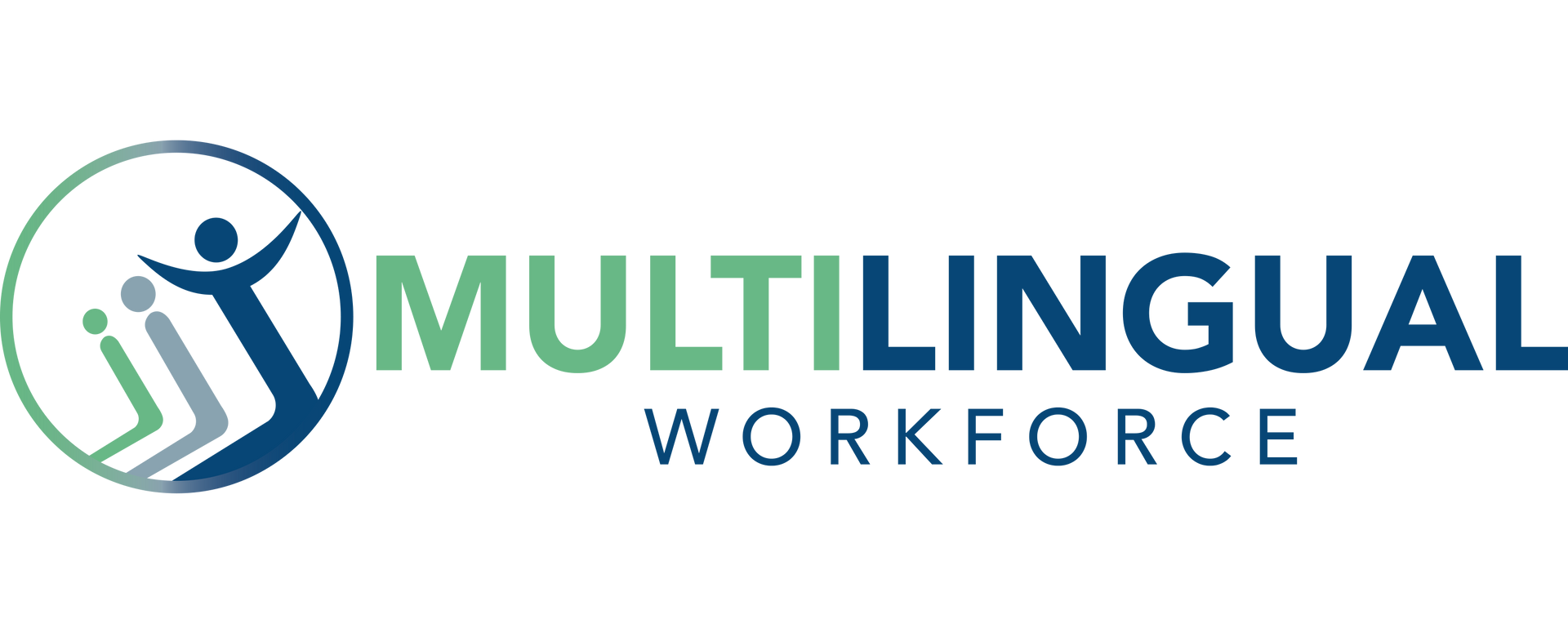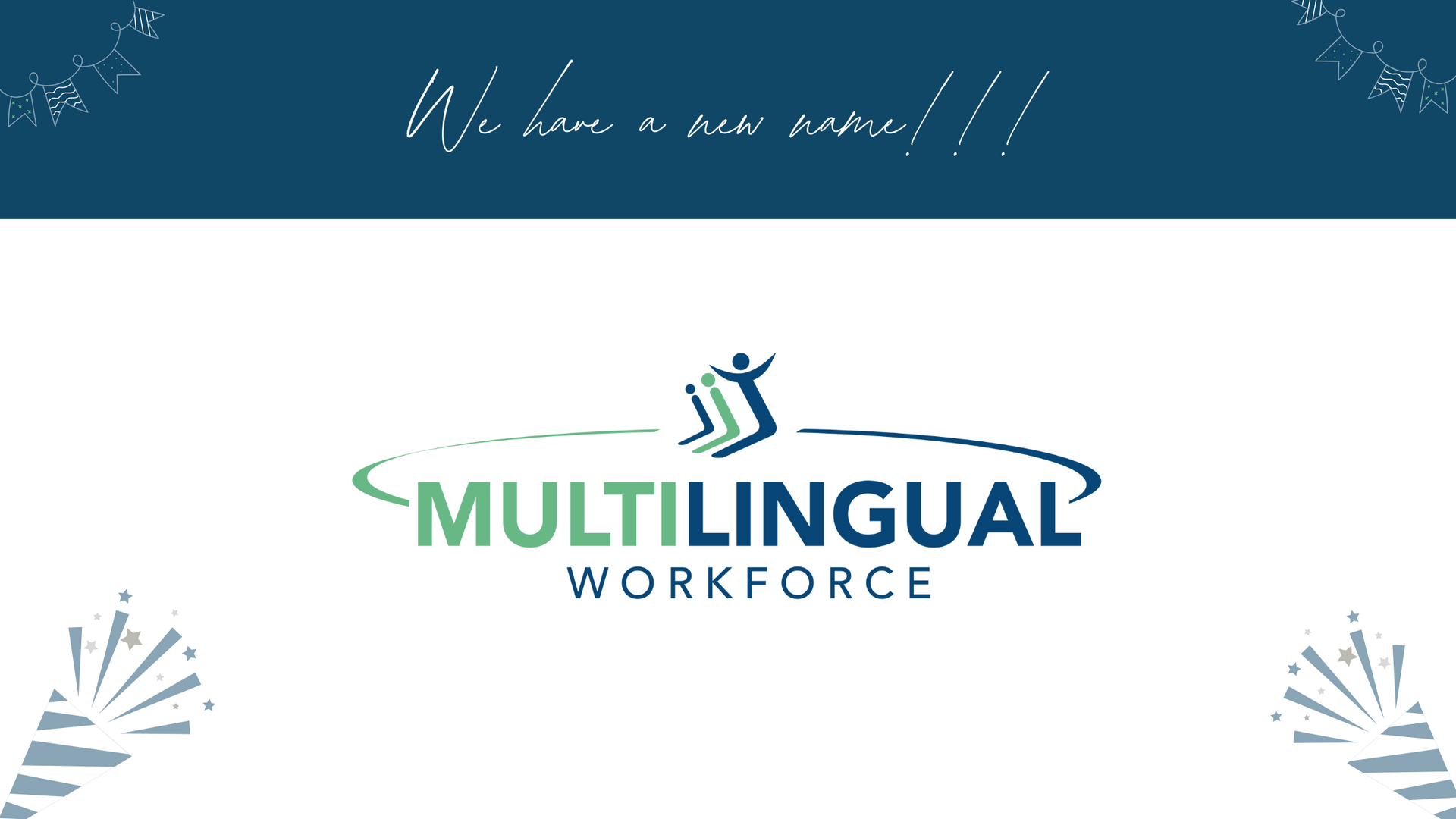Lost Potential: How Language Barriers Lead to Underemployment for Skilled Immigrants
Imagine this: you spend years and hard-earned money working toward your advanced degree and graduate envisioning a future filled with possibilities. You work for several years in your degree field, gaining valuable experience and building the skills necessary to advance in your career. However, as political, economic, or social safety issues increase, you decide to move your family to the U.S. for their safety, well-being, and future opportunities.
However, upon arrival, you find yourself in a tricky situation: despite your qualifications, you struggle to communicate effectively due to language barriers and unfamiliarity with the job application process. As a result, you’re relegated to entry-level positions, working two or three minimum-wage jobs to make ends meet and provide for your family.
This situation is a reality for many immigrants who come to the United States with advanced degrees and valuable skills. However, because of various barriers, they end up working entry-level jobs and not utilizing the skills they’ve developed in their years of past work experience.
What is Brain Waste?
When we have a population of people whose skills are needed, but there are barriers to matching them with jobs that utilize their skill sets, this underutilization is called
brain waste. Some barriers skilled immigrants may face include:
- Limited English skills
- Unfamiliarity with the U.S. labor market
- Unfamiliarity with the process of applying for jobs
- Lack of involvement in professional networks
- Difficulty gaining professional licenses or getting foreign-earned academic/professional credentials recognized
The Impact of Brain Waste
According to the 2016 Migration Policy Institute report titled
Untapped Talent: The Costs of Brain Waste Among Highly Skilled Immigrants in the United States, nearly 2 million immigrants with college degrees in the United States (or 1 out of 4) are relegated to low-skilled jobs or are unable to find work. College-educated immigrants in low-skilled work miss out on over $39 billion in wages. As a result, federal, state, and local governments lose more than $10 billion in unrealized tax receipts, according to this study, which offers the first-ever estimates of the economic costs of brain waste.
On a smaller scale, brain waste can negatively impact a company’s bottom line. Underutilizing the advanced skills of employees means underutilizing their ability to meet business goals, which negatively impacts revenue. If you’re not utilizing the skills immigrant employees bring to the table, your business is losing money.
Next Steps for Businesses
With this in mind, think of your own company. Do you know your employee’s background? Their previous job skills, work experience, or educational background? Do you know if you have skilled immigrants or refugees in your workforce?
In response to brain waste and the underutilization of skilled employees, there are several steps you can take to start breaking down the barriers that are keeping them from positions that maximize their skill sets:
- Learn your employees’ backgrounds:
- What skills do they bring with them from previous job experience? What is their previous work experience? What kind of skills did they develop from their previous job?
- Help them overcome the language barrier:
- Build employee's confidence in using their English skills. Often, they know some English but are hesitant or too nervous to use it. By providing opportunities where they can practice, like ESL classes or language training for supervisors, you can help them build their confidence.
- ESL Classes: Begin to bridge the language barrier and prepare employees to communicate more clearly with their coworkers and supervisors.
- Bridging Language Barriers Training: Help your supervisors learn how to assist employees in improving their English without over-utilizing translation. This creates an environment where they’re able to build their language skills.
- Offer skilled training opportunities:
- Ensure you’re not overlooking those employees when you’re providing the training that they need. If there’s a specific training they need that they’re going to struggle with because they don’t speak English, tutoring could be helpful to build the language they specifically need for that training. You can also think creatively and adjust or slow down the typical training to make it more hands-on.
We partner with you to build language skills to develop your workforce, avoid brain waste, and combat language barriers. Our services are uniquely tailored for employees who need to improve their understanding of business English and American workplace culture.
To learn more about our talent development programs and services,
fill out our contact form for a free consultation.
We look forward to hearing from you!












